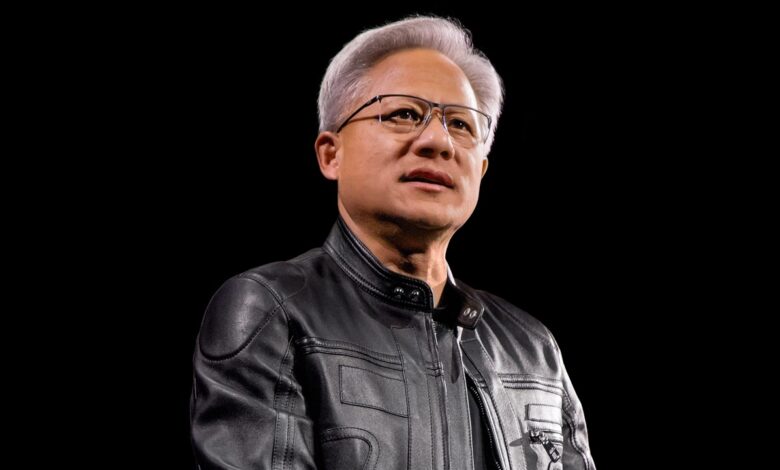
When Nvidia’s Jensen Huang flew into Beijing in July, unveiling the RTX Pro 6000D as a special, China-only AI chip, it probably felt like a clever workaround to Washington’s export restrictions. Fast forward just two months, and that workaround is now dead in the water.
According to a new report by the Financial Times, Beijing has officially banned its biggest tech giants, including ByteDance and Alibaba, from buying Nvidia’s AI chips. The directive came straight from China’s Cyberspace Administration (CAC), which told companies to halt all testing and orders of the 6000D. Suppliers, who were already preparing for bulk shipments, have now been told to pack it up.
So, what’s happening here?
In simple terms: China doesn’t want Nvidia anymore. Regulators have concluded that domestic AI chips are now on par or even better than the watered-down Nvidia versions allowed under US export controls. And with that, the message to local tech companies is loud and clear: stop dreaming of renewed Nvidia supply and double down on homegrown solutions.
One exec told the FT, “Now it’s all hands on deck to build the domestic system.”
China vs. the US in the AI Race
This is about way more than GPUs. China is aggressively positioning itself to go toe-to-toe with the US in AI supremacy. And if you’ve been following along, this shouldn’t come as a surprise.
- We’ve seen the rise of DeepSeek, China’s answer to OpenAI, Anthropic, and the rest of Silicon Valley’s AI darlings. The launch was a clear declaration that China wasn’t content to play catch-up in the generative AI space.
- In May, when global reports showed China topping the charts for AI adoption in the workplace, the signs were already there. Workers in Shenzhen, Shanghai, and Beijing are embedding AI into their daily grind faster than anywhere else on earth. That kind of momentum requires local hardware to keep it humming.
- And it’s not just AI. From semiconductors to space, China is playing the long game. Just last month we looked at Beijing’s plans for a Starlink rival, promising cheaper satellite internet that could even reach Kenya and the wider African continent. If that comes to fruition, the ripple effects would be massive for connectivity across the Global South.
Where Does This Leave Nvidia?
For Nvidia, this is a tough blow. The company created China-only products like the H20 and RTX Pro 6000D specifically to comply with US restrictions. Now even those lifelines have been cut.
Huang, Nvidia’s charismatic CEO, sounded almost resigned when he spoke in London this week, noting that the company could only serve markets “if the country wants us to be.” That’s corporate-speak for: we’re locked out, and it sucks.
But Nvidia isn’t the only one caught in the geopolitical crossfire. Huawei, once battered by US sanctions, has shown remarkable resilience, bouncing back not only in China but also in other markets. This July, for instance, Huawei was recruiting 1,700 young people through its Leap Job Fair in Nairobi, proof that it remains a global player despite the West’s attempts to kneecap it.
While this might look like a simple “ban,” it’s actually Beijing signaling its confidence: we no longer need you. China believes its domestic AI chipmakers can handle demand, its AI startups can rival OpenAI, and its internet satellites can one day beam across Africa.
For Kenya and other emerging markets, this competition is worth watching closely. If China succeeds, it won’t just change the balance of tech power between Beijing and Washington. It could reshape who supplies Africa with the chips, tools, and connectivity for the next wave of digital growth.
And if Nvidia thought it could keep a foot in the Chinese door with custom-made chips? Well, that door just slammed shut.





